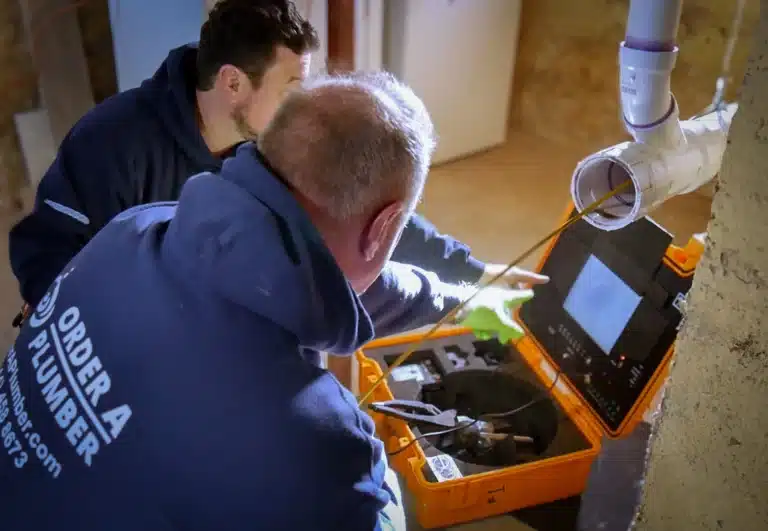Blue Nose Franchise FDD, Profits & Costs (2025)

Blue Nose Aerial Imaging, established in 2019, is a veteran-owned company specializing in nationwide commercial drone services. Headquartered in Denver, Colorado, the company leverages advanced drone technology to offer high-quality aerial photography, inspections, and mapping across various industries.
In 2020, Blue Nose began franchising its operations, providing entrepreneurs with opportunities to join the expanding drone services market.
Blue Nose differentiates itself through its commitment to standardization, safety, and professionalism, aiming to elevate the commercial drone services industry. By utilizing common systems and manuals, local franchise partners operate uniformly nationwide, yet remain agile enough to adapt to unique client needs.
Initial Investment
How much does it cost to start a Blue Nose franchise? It costs on average between $10,000 – $80,000 to start a Blue Nose franchised facility.
This includes costs for equipment, technology, training, and initial operating expenses. The exact amount depends on various factors, including the scale of the drone services offered, the location, and whether the franchisee chooses to lease or purchase necessary equipment or office space.
| Type of Expenditure | Amount (Low-High Range) |
|---|---|
| Initial Franchise Fee | $9,700 – $74,300 |
| Licenses, Permits, and Certifications | $75 – $200 |
| Computer System | $500 – $1,000 |
| Optional Accountant and Attorney Fees | $0 – $1,500 |
| Insurance | $65 – $100 |
| Additional Funds (3 months) | $0 – $2,500 |
| Total Estimated Initial Investment | $10,340 – $79,600 |
Blue Nose Franchise Disclosure Document
Frequently Asked Questions
How many Blue Nose locations are there?
As of the latest available data, Blue Nose Aerial Imaging operates a total of 40 locations, with 39 being franchised units and one company-owned unit.
What is the total investment required to open a Blue Nose franchise?
The total investment required to open a Blue Nose franchise ranges from $10,000 to $80,000.
What are the ongoing fees for a Blue Nose franchise?
Blue Nose Aerial Imaging franchisees pay a 4% royalty fee on gross sales for access to proprietary systems and ongoing support. They also contribute a 2% marketing fee on gross sales to fund national and regional advertising campaigns.
Who owns Blue Nose?
Blue Nose Aerial Imaging is owned by Blue Nose Franchising, LLC, with Tanner Harris serving as the Founder and Managing Member.
Disclaimer
Disclaimer: This content has been made for informational and educational purposes only. SharpSheets is an independent educational resource and is not affiliated with, endorsed by, or representing any franchisor mentioned on this website. Where noted, figures are taken from the franchisor’s Franchise Disclosure Document (FDD). In some cases, we may provide independent calculations or estimates based on publicly available information. We do not make any representation or warranties with respect to the accuracy, applicability, fitness, or completeness of the information presented in the article. You should not construe any such information or other material as legal, tax, investment, financial, or other professional advice. Nothing contained in this article constitutes a solicitation, recommendation, endorsement, advertisement, or offer to buy or sell any franchises, securities, or other financial instruments in this or in any other jurisdiction in which such solicitation or offer would be unlawful under the franchise and/or securities laws of such jurisdiction.
All content in this article is information of a general nature and does not address the detailed circumstances of any particular individual or entity. Nothing in the article constitutes professional and/or financial and/or legal advice, nor does any information in the article constitute a comprehensive or complete statement of the matters discussed or the law relating thereto. You alone assume the sole responsibility of evaluating the merits and risks associated with the use of any information or other content in this article before making any decisions based on such information or other content.




